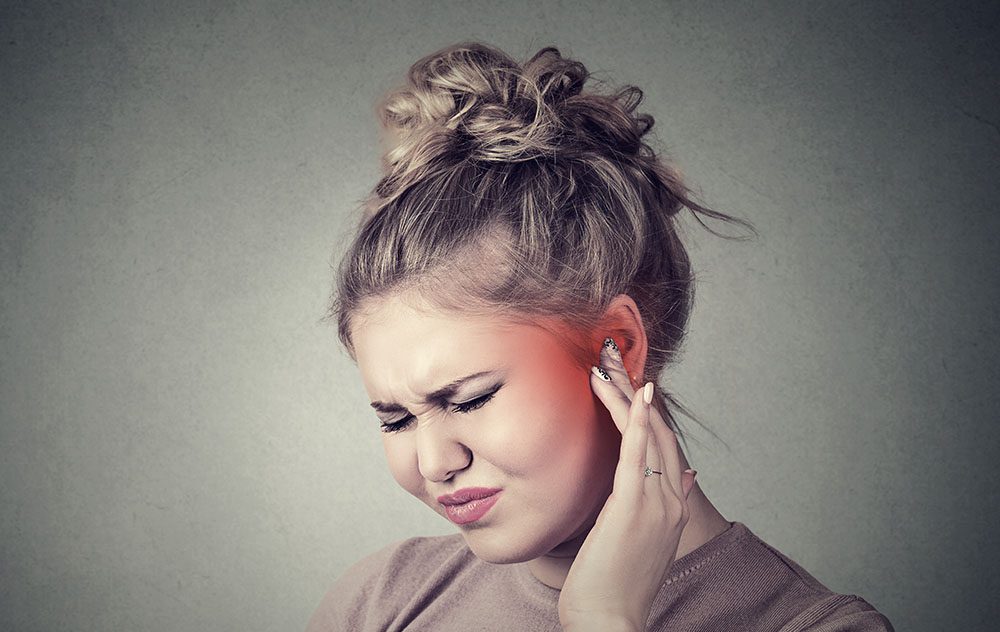How To Find Support Groups For Those With Hearing Loss
Experiencing hearing loss can be a confusing time for many people.


Experiencing hearing loss can be a confusing time for many people.

Some compelling studies directly link a lack of specific nutrients and

Tinnitus is a common hearing condition. Most people have experienced